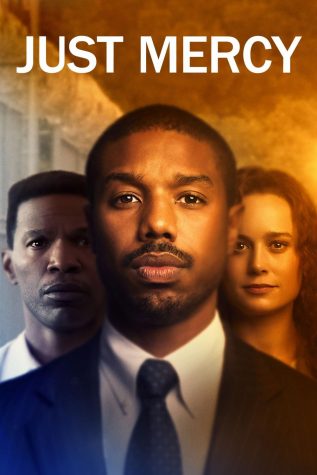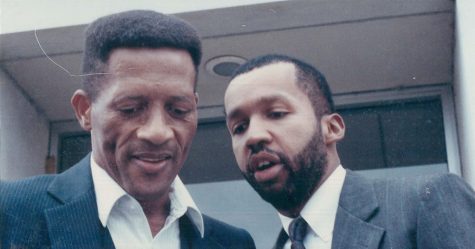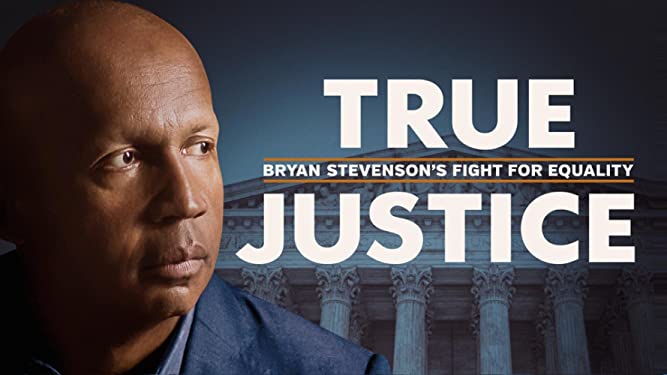True Justice at Bolles: Students and teachers share and discuss their thoughts
March 24, 2021
“Each of us is more than the worst thing we’ve ever done,” stated Bryan Stevenson in the True Justice documentary Bolles presented on February 16th. The documentary shows an overview of systemic racism in the justice system as well as Bryan Stevenson’s career of fighting for equality.
The initiative was originally proposed about a month ago by Ms. Ashman, and prior to the viewing, English teachers were asked to have a conversation with their students. Laura Lane, a freshmen English teacher, explained, “The first thing I did was go ‘well, I have to get educated, right?’ I didn’t think it was right of me as a teacher to not do my research.”

“Mr. Stam taught us that stuff is going to get real, like he already gave us a warning,” Anastasia McHayle (‘23) revealed when talking about her pre-discussion.
Regarding her experiences with the pre-discussion, Avani Bansal (‘21) (full disclosure: Bansal is a Co-Editor-in-Chief of The Bolles Bugle) shared, “It’s difficult feeling comfortable with certain people in certain environments. Also having half the kids virtual didn’t help either. It was eye opening to hear a lot of people’s experiences. Because there was this question about personal experiences with bias or racism, I was able to hear multiple different perspectives.”
In a prolonged convocation, students and teachers watched True Justice with their second block classes. “For me, my main concern was the graphic imagery of the actual people that have been hanged, but that is because I am very sensitive visually, so I was kind of concerned that there might be some students who internalize that,” Lane said. “But this is high school, and I do think that the stark reality was kind of necessary in order to bring home the message of the documentary.”
Dr. Jeff Yeakel, a history and latin teacher, described his initial thoughts, “It was interesting. The history of the United States was especially interesting. I thought the lawyer who put the documentary together was a really interesting guy with a fascinating history to argue all those Supreme Court cases. He was impressive to me.”
“I was quite disturbed by some of the things that we saw. But I also felt satisfied in the sense that we at Bolles were required to watch something like that. We kind of had to understand the message behind it, which was racial bias in the criminal justice system,” Bansal expressed. Similarly, McHayle described, “I felt the shock of this is what happens in America and people know that the justice system is not fair.”
History teachers held the post-discussion for students to express their opinions on the documentary. “Lynching in general is not an easy thing to talk about, right? I don’t think any of the topics weren’t difficult to discuss,” Yeakel elaborated. “I thought it was one of the better class discussions I’ve had after a convocation. I think having them in our history classes was a big positive for my group of students.”

Meanwhile, the seniors who do not take history had their discussion with their advisors. “I think out of 10 or 11 students only 6 or 7 showed, so I have no idea what the others who didn’t show are going to be doing,” Bansal said.
The question of what is the future of Bolles convocations and spread of diversity still remains. “It’s just a shame that these things are just starting to happen as I am leaving the campus, but it’s a start. And generally, yes the school needs to continue bringing awareness to issues like these,” Bansal added,
“I think it’s really important that Bolles makes an effort to implement conversation like this for future years.”
Ms. Lane revealed, “I do think that the African American population, especially right now during this time period is hurting and we need to really focus on healing and trying to be better and more sensitive. What needs to happen is we need to reevaluate the textbooks that we’re teaching from.”

